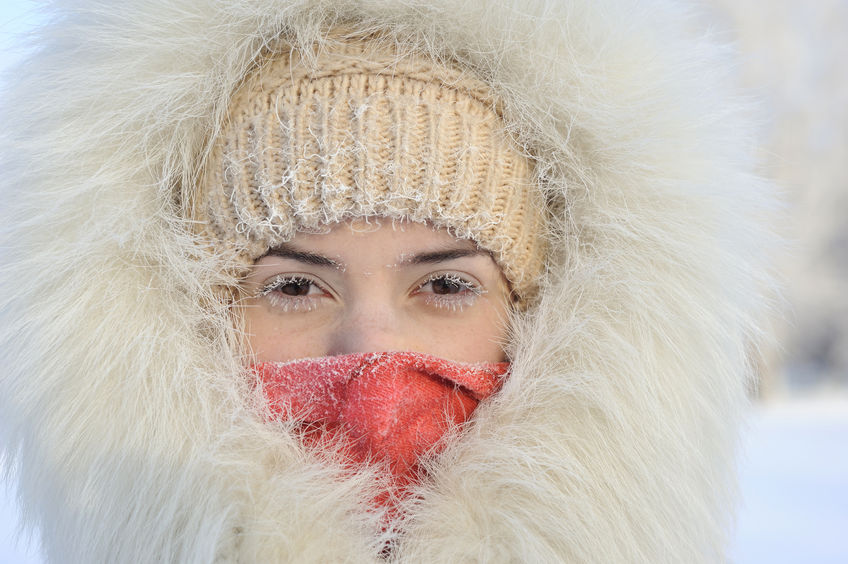For many of us, getting outside and enjoying the winter weather is part of the seasonal fun. It’s a perfect time to build a snowman, hit the slopes, find a good sledding hill, or strap on the old ice skates. We just want to ensure you stay healthy and safe as you enjoy the winter outdoors.
We’ve compiled a few tips that we hope will help.
Dressing for the outdoors
Dressing for the weather is paramount. A light jacket may seem like it’s sufficient for a few minutes outside, but if you find yourself outside for longer than you planned, you’ll wish you had a warm coat. The New York City Emergency Management [1] office suggests the following:
- Wear a hat, hood, or scarf, as most heat is lost through the head.
- Wear layers, as they provide better insulation and warmth.
- Keep fingertips, earlobes, and noses covered if you go outside.
- Keep clothing dry; if a layer becomes wet, remove it.
Know the hypothermia and frostbite danger signs
Hypothermia and frostbite can quickly become a serious problem and have long-lasting effects on your health. Knowing what to look for and how to treat these conditions can save a life.
Frostbite
According to the Red Cross, signs of frostbite include: “lack of feeling in the affected area; skin that appears waxy, is cold to the touch, or is discolored (flushed, white or gray, yellow or blue).” [2]
The Red Cross goes on to suggest that if you suspect someone has frostbite:
- Move the person to a warm place.
- Handle the area gently; never rub the affected area.
- Warm gently by soaking the affected area in warm water (100–105 degrees F) until it appears red and feels warm.
- Loosely bandage the area with dry, sterile dressings.
- If the person’s fingers or toes are frostbitten, place dry, sterile gauze between them to keep them separated.
- Avoid breaking any blisters.
- Do not allow the affected area to refreeze.
- Seek professional medical care as soon as possible.
Hypothermia
Hypothermia is a life-threatening emergency that can occur if someone’s body loses heat more quickly than they can create it. When hypothermia occurs, a person’s body temperature drops below 95 degrees F, causing your heart, organs, and other systems to begin shutting down.
According to the Mayo Clinic [3], signs and symptoms of hypothermia include the following:
- Shivering
- Slurred speech or mumbling
- Slow, shallow breathing
- Weak pulse
- Clumsiness or lack of coordination
- Drowsiness or very low energy
- Confusion or memory loss
- Loss of consciousness
- Bright red, cold skin (in infants)
From all of us here at Horizon Family Medical Group, have a fun and healthy outdoor winter season. Take steps to ensure you and your loved ones stay safe.
Resources
- https://www1.nyc.gov/site/em/ready/winter-weather-health-safety.page
- https://www.redcross.org/images/MEDIA_CustomProductCatalog/m4340104_Frostbite_and_Hypothermia.pdf
- https://www.mayoclinic.org/diseases-conditions/hypothermia/symptoms-causes/syc-20352682

